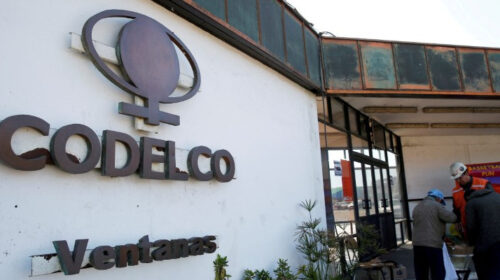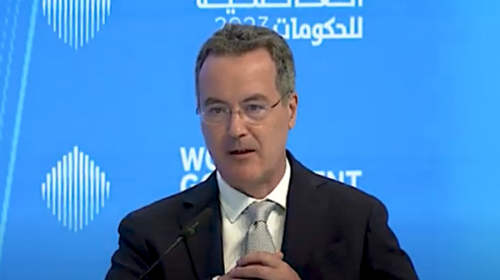Mozambique Loses Millions in Unpaid Taxes from Gold and Limestone Mining
The Mozambican state loses around 50 million meticais annually in unpaid and underpaid taxes from gold and limestone exploitation in Sofala province, according to the Centre for Public Integrity (CIP).
A CIP document accessed today highlights illegal exploitation, lack of transparency in production data, poor supervision, failure to properly channel taxes to local communities, unfulfilled promises, suspicions of corruption, high prices for mining-related products, and significant environmental impacts as key issues contributing to the shortfall.
These practices are linked to at least three companies and one association operating in the districts of Chibabava, Gorongosa, and Muanza:
-Clay Gravel Mining Limitada, exploiting limestone in Chibabava
-Irmãos Minerais Lda. and the Association of Artisanal Miners of Gorongosa (AMAG), exploiting gold in Gorongosa
-Cimentos de Moçambique, exploiting limestone in Muanza
The CIP estimates that the state will lose around 50 million meticais in 2023 from gold and limestone mining taxes due to improper collection.
This tax evasion also means affected communities in these districts will miss out on approximately 1.4 million meticais. Specifically:
-In Gorongosa, gold mining by Irmãos Minerais Lda and AMAG resulted in estimated losses of 352,000 meticais.
-In Chibabava, limestone exploitation by Clay Gravel Mining Limitada led to around 25.7 million meticais in lost taxes.
-In Muanza, limestone mining by Cimentos de Moçambique caused losses estimated at 24.1 million meticais due to the failure to allocate the 2.75% production tax to local communities, coupled with the lack of basic infrastructure, high cement prices, and significant environmental impacts.
“To overcome these challenges and promote more transparent, efficient, and equitable management, it is generally proposed to strengthen oversight and data transparency in all mining activities and to promote dialogue and cooperation between companies, local government, regulatory authorities, and affected communities,” the CIP recommends.
124 total views , 1 views today





